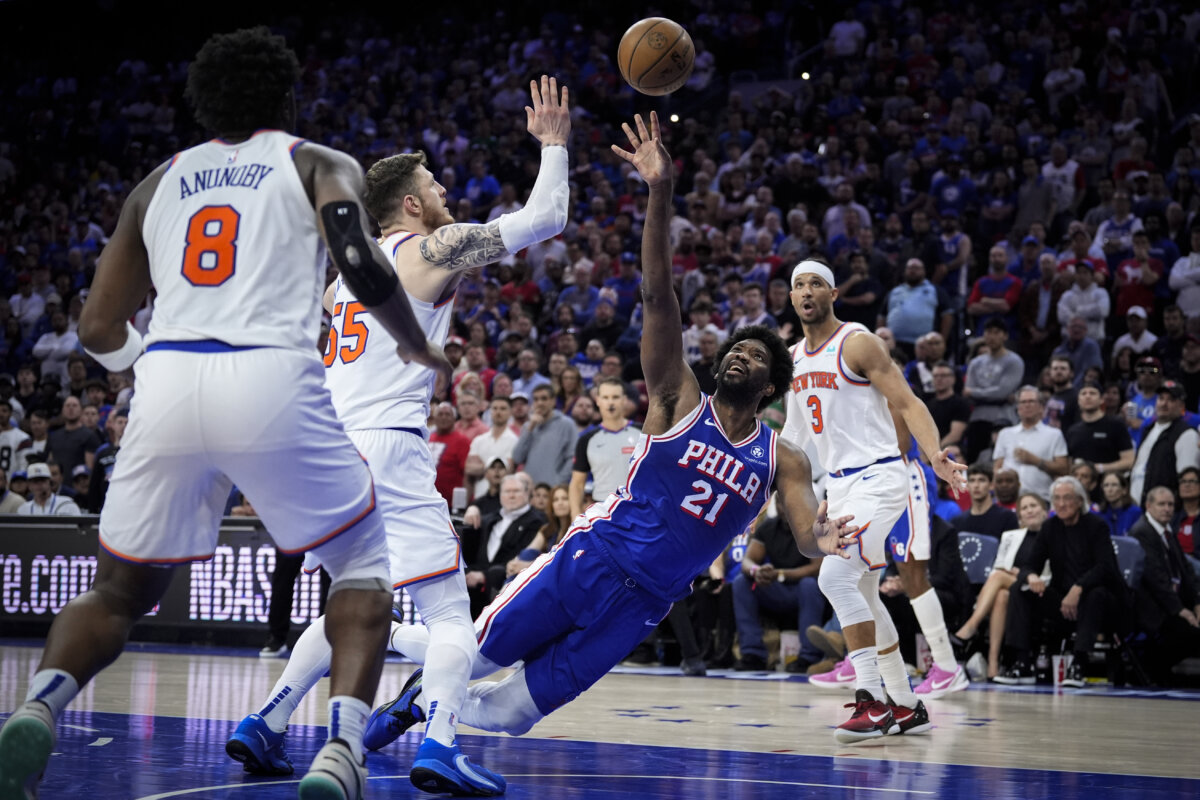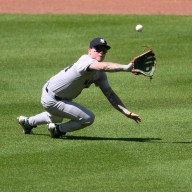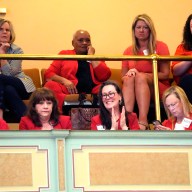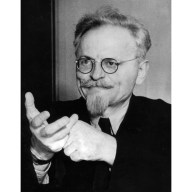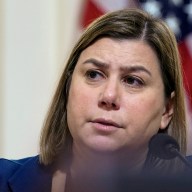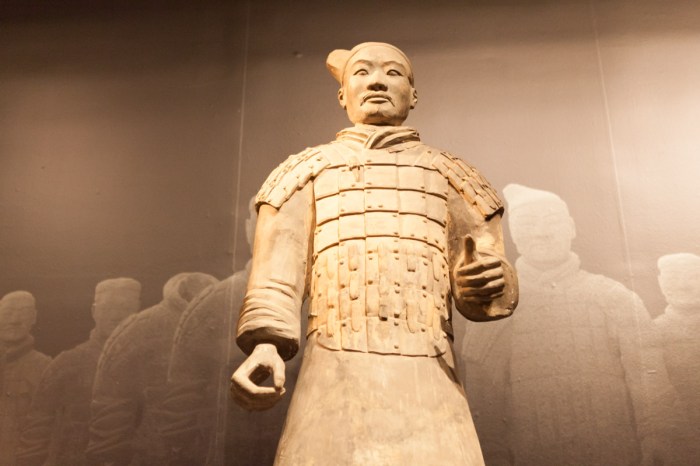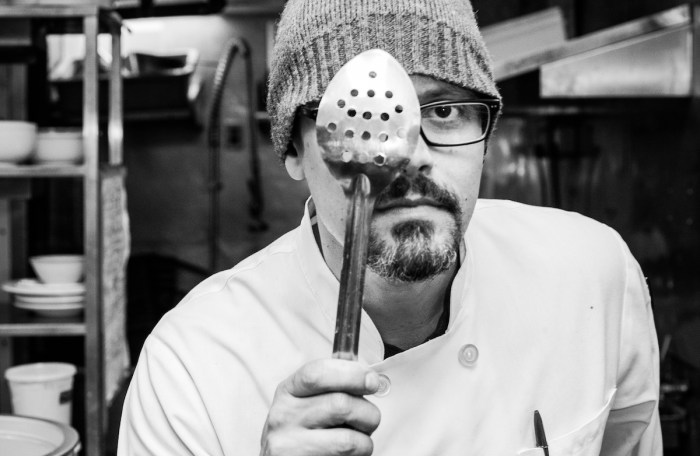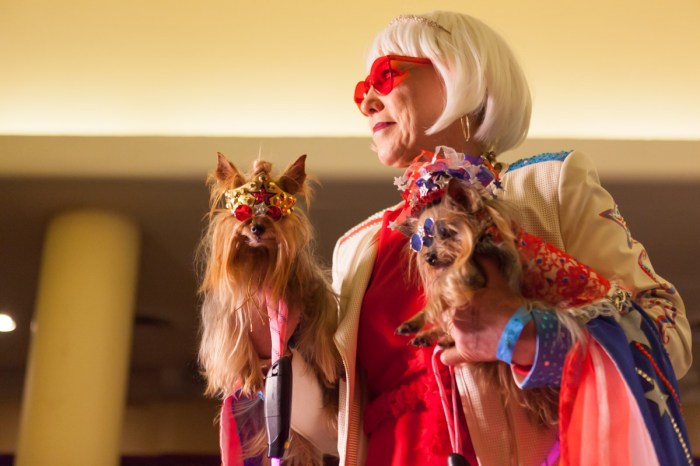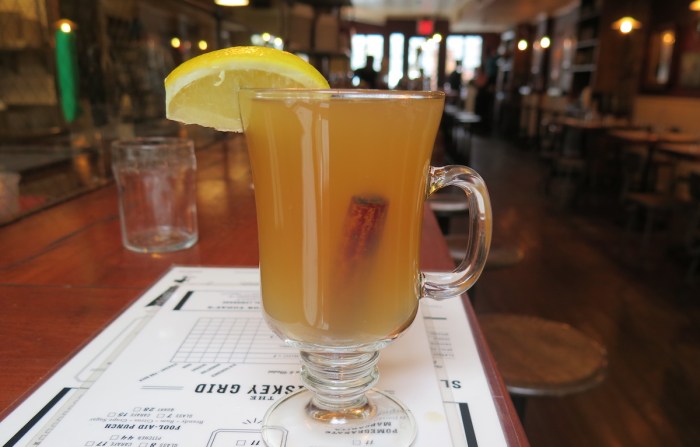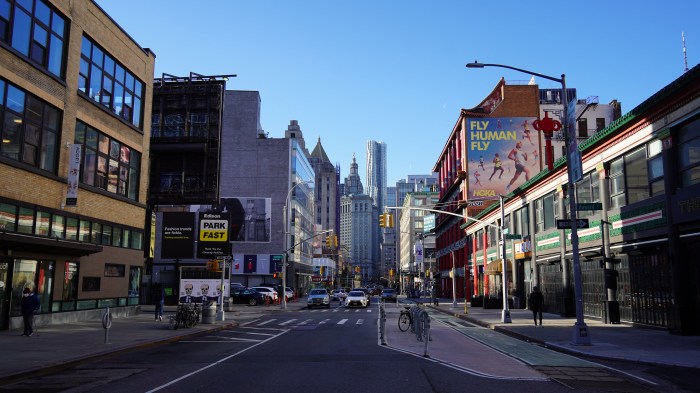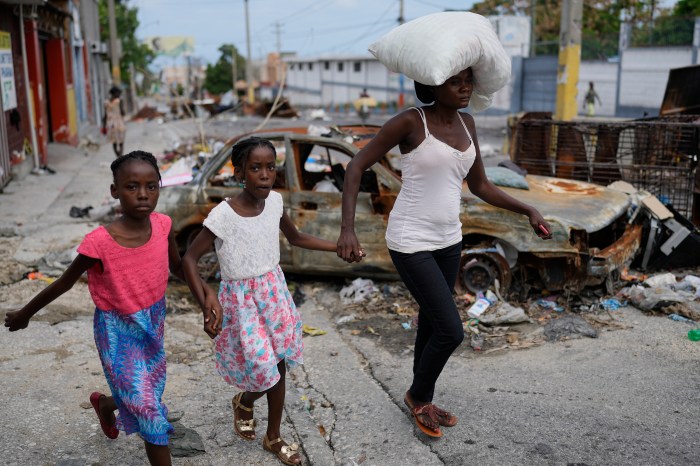Think you could’ve helped unite the United States? You can try your hand at informal diplomacy by taking a seat at first lady Dolley Madison’s dinner table — which has gotten some 21st-century updates. The interactive table is the showpiece of Saving Washington, the inaugural exhibit of the New-York Historical Society’s upcoming Center for Women’s History, a first-ever museum and educational center dedicated exclusively to women’s role and contributions. Through July 30New-York Historical Society, 170 Central Park West$20, nyhistory.org Through a recreation of the Madison-era White House, multimedia installations and more than 150 objects — from the musket balls made by women and children from the melted statue of King George III to housewares, guest lists and more — Saving Washington examines women’s political and social influence from the Revolutionary War through the mid-1800s, at a time when they didn’t even have the right to vote. RELATED:New York’s chocolate museum is as delicious as it is educational About that table: The Founding Fathers may have had their fancy signatures and powdered wigs, but it was Madison who helped unite the United States — and she did it with tea.
“The Constitution was an abstraction; you can have a piece of paper that says ‘We the people,’ but that doesn’t make us ‘We the people,’” explains Louise Mirrer, president of the historical society. “She really invented the White House as a locus for people to come together from all parts of the country.” Those who know Madison probably only remember her for saving the iconic portrait of George Washington before the White House was set on fire by the British during the War of 1812 — hence one meaning of the exhibition’s title. But before that, the “consummate unofficial politician” took to the work of nation-building with parties known as “Wednesday night squeezes” because people would fill the halls and rooms of the White House, which was open to anyone who wanted to come and meet each other and share their concerns in a bit of informal diplomacy. “So you had rednecks from West Virginia and Boston and Philadelphia elite,” says Mirrer. “She really understood that the young nation needed a capital city, it needed a place where people would come together, and above all that the Constitution was forever going to be a piece of paper unless someone actually did the work to bring people together so they felt like ‘We the people.’” RELATED: Flying cats and insect bouquets take over Arsenal Gallery At the digital dinner table, two to four players are tasked with debating the issue of whether to fund Lewis and Clark’s exploration of the West. You can choose to use jokes, charm, threats and even blackmail to steer the conversation — a bar at the center of the table measures your diplomatic progress, or lack thereof. To learn about even more women’s history, past and present, the historical society also has a full calendar of special events throughout March, which is Women’s History Month.


